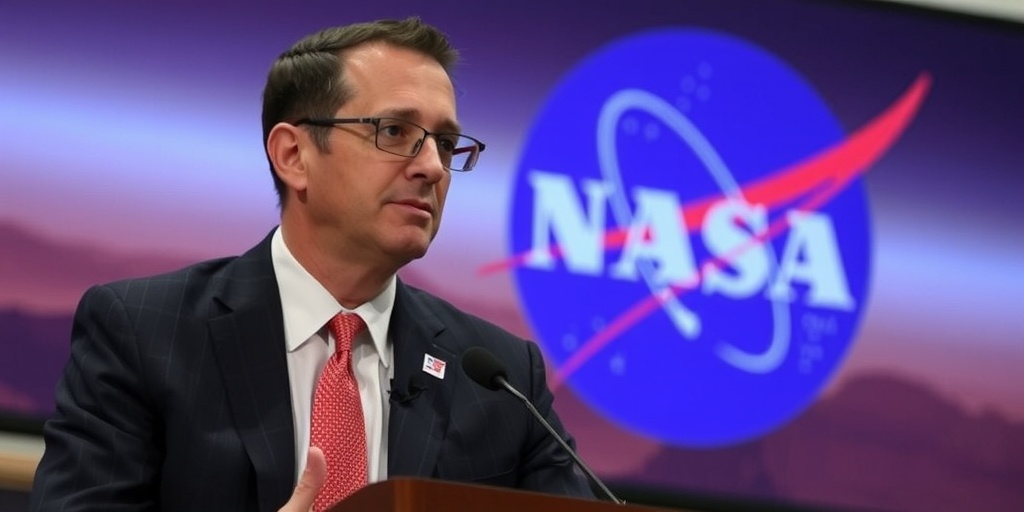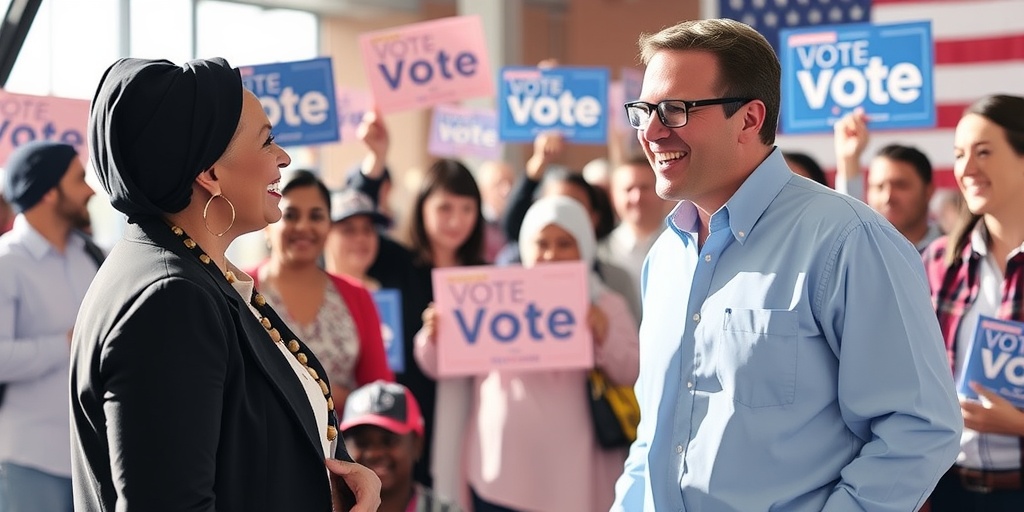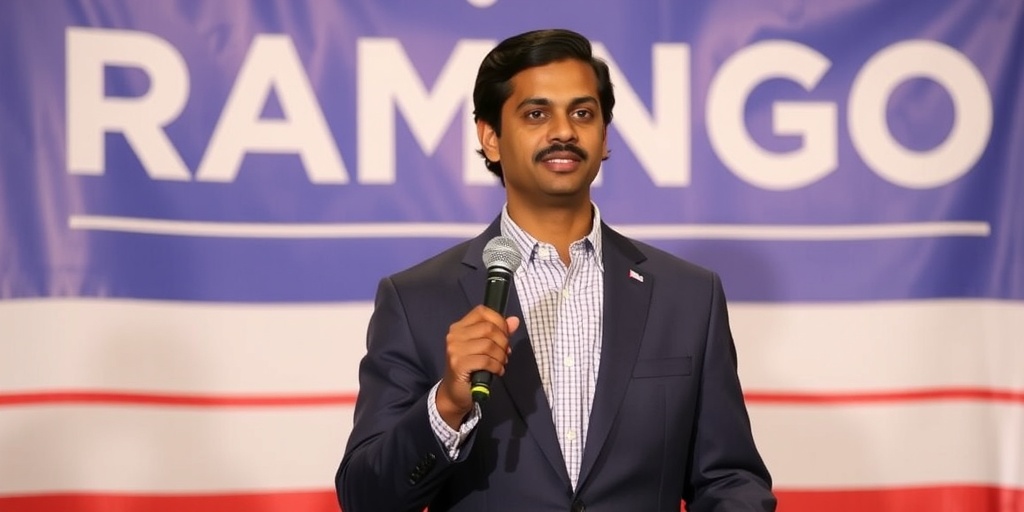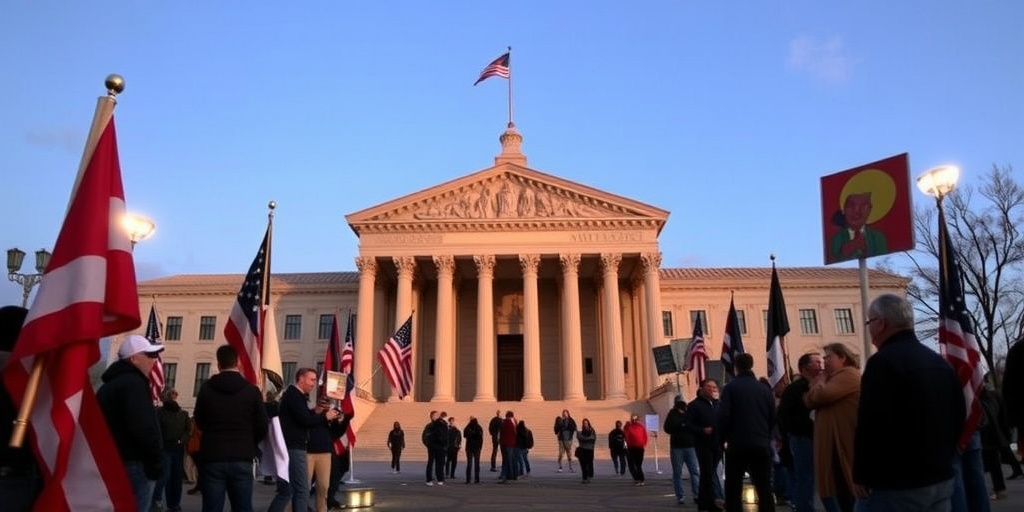Now Reading: Confusion Surrounds Musk’s ‘What Did You Do Last Week?’ Email
-
01
Confusion Surrounds Musk’s ‘What Did You Do Last Week?’ Email
Confusion Surrounds Musk’s ‘What Did You Do Last Week?’ Email

Title: Confusion Arises Over Elon Musk’s Email to Federal Employees Amid Trump Administration Response
In a surprising turn of events, a contentious email from Elon Musk demanding that federal employees justify their roles has sent shockwaves through the Trump administration, leading to a mix of compliance directives and confusion among various government agencies. The situation unraveled early this week, shortly before President Trump is scheduled to convene his cabinet for a crucial meeting.
In an email sent over the weekend, Musk requested that employees provide a brief account of five tasks they had performed in the previous week. The repercussions of this inquiry were initially severe, with the email stating, "If you don’t answer, you’re sort of semi-fired or you’re fired." This strong wording elicited a loud response from both the administration and federal workers alike. President Trump, in his remarks, praised Musk’s approach as "ingenious" and "great," echoing the urgency embedded within the email.
However, just as Trump’s support for Musk’s directive gained traction, a contrasting message emerged from the Office of Personnel Management (OPM), which clarified that responding to Musk’s email would be voluntary. Officials from various federal agencies were informed that failure to answer would not be interpreted as a resignation, directly contradicting Musk’s earlier warnings. This simultaneous spate of instructions led to significant confusion within the ranks of federal employees.
The divergent responses among Trump’s cabinet members highlighted a rare moment of discord within an administration often characterized by strict loyalty and unified action. While some agency leaders enforced compliance with Musk’s request, others firmly instructed their employees not to respond. Prominent departments, including the State Department, Energy, Defense, and Justice, issued directives urging personnel to either "pause" or flatly disregard Musk’s demands. Chris Wright, the Secretary of Energy, underscored this sentiment when he declared, “For now, D.O.E. employees are asked to please pause on any direct response to the O.P.M. email.”
Conversely, leaders from agencies like the Treasury and the Office of Management and Budget have insisted on strict adherence to Musk’s directive. An internal email from the Treasury Department ordered employees to "respond to this message before the deadline," asserting that compliance was expected to be “not difficult or time-consuming.”
Meanwhile, President Trump appeared to downplay the fracture within his administration when confronted with questions during a meeting with French President Emmanuel Macron. Trump suggested that the varied responses might be based on security considerations at certain agencies, implying that the pushback against Musk’s directives was not meant to challenge his authority.
“The agencies don’t mean that in any way combatively with Elon,” Trump remarked, attempting to quell any potential dissent brewing within his cabinet. Specifically, he noted that certain agencies, such as the FBI, might have legitimate reasons for caution regarding the information shared by employees about their work activities.
This discord among top officials arrives just days before Trump’s administration plans to hold its first complete cabinet meeting of the second term. Eight years ago, Trump’s initial cabinet meeting became notorious for the extravagant praise heaped upon him by his advisors, who publicly lauded their opportunities to work under his leadership.
In contrast to the absolute harmony often promoted by the Trump administration, the confusion surrounding Musk’s email indicates potential limits to his influence, despite his role as the newly appointed leader of the Department of Government Efficiency. As the government has increasingly emphasized reducing its size and limiting what has been labeled “woke ideology,” numerous employees have faced termination or forced leave—tactics supported by Trump’s senior officials.
The volatility of the situation raises intriguing questions about the dynamics between the private and public sectors, particularly as Musk, in his new governmental role, attempts to redefine how federal employment operates. The complexities inherent within this directive symbolize a larger struggle within the Trump administration itself concerning bureaucratic control and employee autonomy.
Despite efforts to clarify and manage the situation, numerous federal employees found themselves in a precarious position regarding their jobs, as mixed messages from the administration led to uncertainty about their professional futures. As the clock ticks closer to the impending cabinet meeting, it remains to be seen how this fallout will influence the administration’s approach moving forward, as employees grapple with the fallout of Musk’s ambitious demands and the divided loyalties of their leaders.
Stay Informed With the Latest & Most Important News
Previous Post
Next Post
-
 01New technology breakthrough has everyone talking right now
01New technology breakthrough has everyone talking right now -
 02Unbelievable life hack everyone needs to try today
02Unbelievable life hack everyone needs to try today -
 03Fascinating discovery found buried deep beneath the ocean
03Fascinating discovery found buried deep beneath the ocean -
 04Man invents genius device that solves everyday problems
04Man invents genius device that solves everyday problems -
 05Shocking discovery that changes what we know forever
05Shocking discovery that changes what we know forever -
 06Internet goes wild over celebrity’s unexpected fashion choice
06Internet goes wild over celebrity’s unexpected fashion choice -
 07Rare animal sighting stuns scientists and wildlife lovers
07Rare animal sighting stuns scientists and wildlife lovers





















